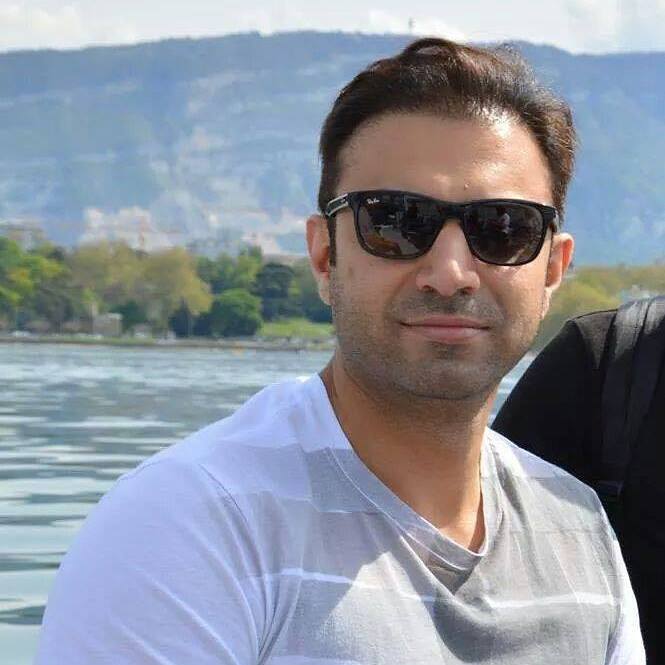Prime Minister Narendra Modi has to prove that the Balochistan statement he made on Independence Day was not a flash in the pan but the result of new thinking on Pakistan. He has got an opportunity to do that: the exiled Baloch leader Brahumdagh Bugti is seeking asylum in India. Modi has to grant it for reasons both moral and political.
Modi’s reference to Balochistan was not only a manifestation of the policy of offensive defence but also a fillip to the suppressed and repressed people of a country which was forcibly annexed by Pakistan in 1948 and is held forcibly. The Balochis got a big morale booster in Modi’s speech, resulting in an upsurge in their activities all over the world.
As Bugti said in an exclusive interview with a news channel, “Baloch issue has got more attention after Narendra Modi talked about it in his Independence Day speech.” Earlier too, he had emphasized Modi’s initiative: “It is for the first time that an Indian prime minister has spoken. We believe that India should have taken this step a long time ago.”
He is right, for repression has been going on in his country for a very long period. And Pakistan is unrelenting in its war against Balochis. The recent report of Human Rights Watch said, “The security forces continued to unlawfully kill and forcibly disappear suspected Baloch militants and opposition activists in 2015. In January, 13 highly decomposed bodies of ethnic Baloch individuals were found in Khuzdar district. Baloch nationalists and other militant groups also stepped up attacks on non-Baloch civilians. In April, suspected Baloch militants gunned down 20 laborers in Turbat’s Gogdan area. In May, 35 people were forced off a bus and kidnapped by members of a militant Baloch nationalist group, the United Baloch Army; 23 of the passengers were killed.”
Baluch activists have been trying to make the world acknowledge their misery. Recently, at the opening of the 71st session of the UN General Assembly, they protested against Pakistan outside the UN headquarters on September 13. They accused Pakistani forces of murdering 5,000 people in the past few years; this is apart from the 20,000 people who have disappeared. The activists are also working for the trial of Pakistan’s senior military officers for war crimes.
Dusseldorf, Berlin, and Munich also witnessed demonstrations by Baloch freedom fighters. These people have been campaigning for quite some time but they got noticed by the media and policy makers in Western countries only after Modi spoke about them.
This has made Islamabad worried; it is pressuring Switzerland, where Bugti is staying, to deny him citizenship. In fact, Islamabad wants him back in Pakistan—a prospect Brahamdagh would not be happy with, as his grandfather Akbar Bugti was liquidated an operation by the Pakistani Army in 2006. According to Pakistan’s Geo News, India will also give citizenship to Bugti’s key lieutenants in Switzerland.
Against this backdrop, if New Delhi denies Brahumdagh Bugti asylum, it would appear that Modi’s Balochistan reference was a one-off affair without any genuine concern for the plight of Balochis who have faced unspeakable atrocities at the hands of the Pakistani Army.
Worse, it would appear to be a move intended to score some brownie points rather than change the dynamics of Indo-Pak ties.
Still worse, it would look like India is afraid of Pakistan, the 56-inch chest rhetoric notwithstanding. It may be recalled that a few months ago, India had offered visa to a Uighur activist and then revoked it under Beijing’s pressure, thus attracting flak and ridicule.
It is time Modi’s government redeemed itself and exhibited courage in action.
